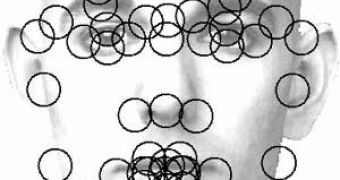It's a bleak day for personal privacy and security, I think. Vitalas, an European Commission-funded project has come up with a way to link location data, by recognizing common objects in an image. The EU agency for network and information security, Enisa, has recently reported that "while face recognition allows the linking of profile data involving the person's physical body, content-based image retrieval allows the linking of location data through the recognition of common objects in images. It opens up the possibility of deducing location data from apparently anonymous profiles containing images of users' homes. This can lead to stalking, unwanted marketing, blackmail and all the other threats associated with unwanted disclosure of location data."
At the same time, this is a blessing for the police; the French judiciary bought 200 licenses of the prototype, because in testing it helped them localize pedophile networks around the world, by doing exactly what's described above. Blessing to some, a curse to others, it seems.
Imagine what it would be like if the biggest search engines in the world were to be equipped with it. Searching for the best pictures and articles on what you are interested in. No more separate tabs for text and image, just the best results, and not by descriptions and tags alone, the recognition would make sure that what the search returns is exactly what you're looking for.
At the moment, this technology is being tested by news agencies, such as AFP and Belga, in order to automatically retrieve and annotate pictures from their archives. The next step in the testing is to be taken by Exalead, the fourth biggest search engine in the world, so what I mentioned a little earlier really does seem to be coming our way, and coming now. I just hope that the downsides aren't as dark as Enisa pictured them.

 14 DAY TRIAL //
14 DAY TRIAL //